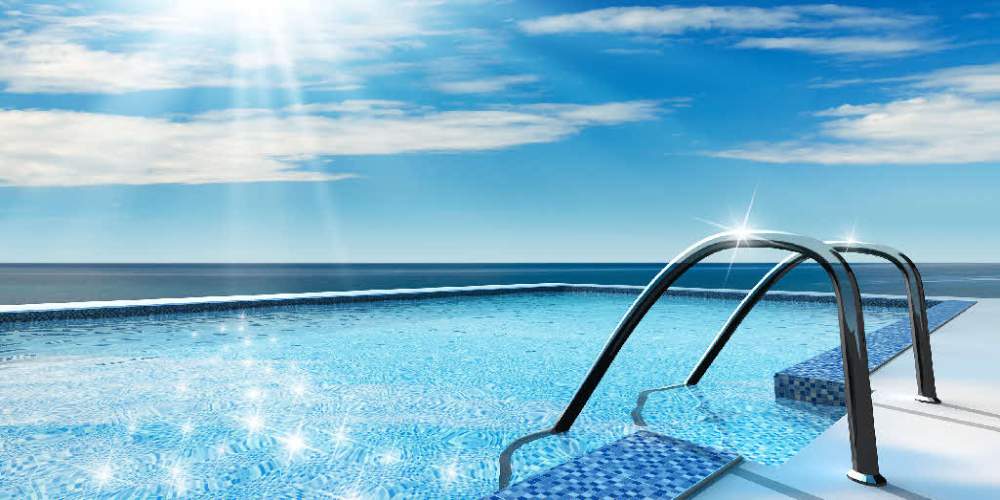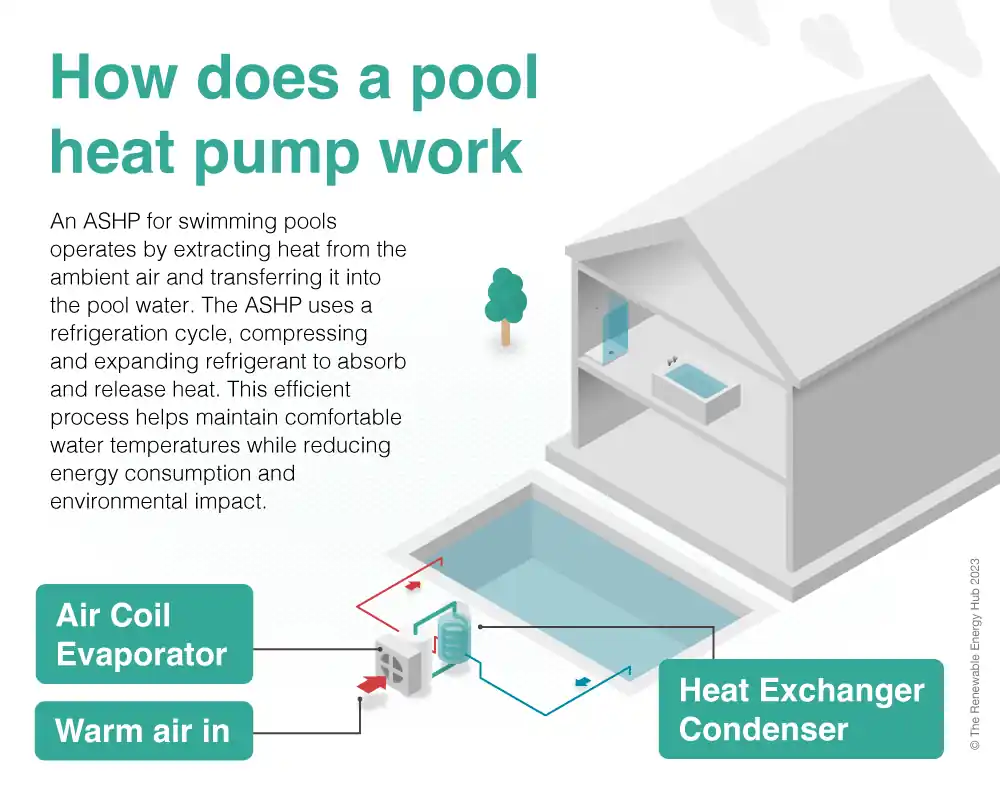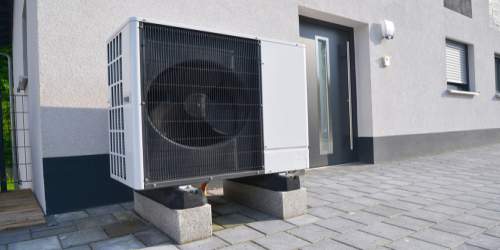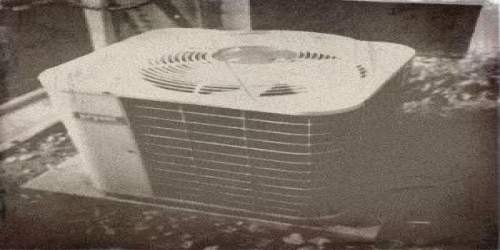Read Time : 2 Minutes
Heat pumps for Swimming Pools

A fantastic, energy efficient and low cost way to heat your pool.
Using a swimming pool heat pump is one of the most effective methods for heating your swimming pool and will substantially reduce your pools running costs when compared to using most pool heating alternitives.
Swimming pool heat pumps do not generate heat directly, they use a small amount of electricity to capture the abundant heat in the air and move it efficiently into the water in your swimming pool. The heat pump, combined with the pool filtration and pumping system, circulates the swimming pool's water, cleaning and warming it, through a sand filter and then through the heat pump heat exchanger.
The heat pumps heater contains a fan that draws in outside air and then directs it over the evaporator coil radiator. The evaporator coil contains liquid refrigerant which absorbs the heat from the outside air and turns it into a gas. The warm gas in the coil passes through the compressor. The compressor then increases the heat which creates an extremely hot gas that then passes through the condenser. The condenser will then transfer the heat from the gas to the cooler pool water which is circulating through the heat pump pool heater. The heated water is then returned to the pool. As the hot gas is flowing through the condenser coil is returns to liquid form as it rapidly cools and returns back to the evaporator. The whole process then begins again.
COMPARE PRICES FROM LOCAL INSTALLERS
Compare prices from local companies fast & free
Enter your postcode to compare quotes from leading professionals. We promise to keep your information Safe & Secure. Privacy Policy

The high efficiency swimming pool heat pumps usually use scroll compressors compared to standard heat pump units which use reciprocal compressors. Swimming pool heat pumps work very efficiently as long as the outside temperature is above 6°C (45°F - 50°F) so for outside pools this sits well with the majority of the spring, summer and winter here in the UK. The cooler the outside air the more power the heat pump requires to warm the pool water but since most people use their outside pool in warm or mild conditions this is usually not an issue.
Swimming pool heat pumps cost more than gas or electric pool heaters to install but will typical have much lower annual operating costs because of the greater efficiency that they offer. It is worth noting however, that the Boiler Upgrade Scheme (BUS) is not available for heat pumps for swimming pools.
Another benefit that comes with heat pumps is that with proper maintenance they will typically last much longer than a gas heater which will save you money in the long run. When selecting a heat pump for your swimming pool you should take into consideration size, efficiency and installation and predicted running costs. When choosing a heat pump you should have a professional perform a sizing analysis for your specific swimming pool to determine the required heater size.
A heat pump is sized in accordance with the pools surface area, volume and the difference in air and swimming pool temperature to achieve the optimal or desired temperature. Other factors should also be considered for outdoor pools such as wind exposure, humidity levels and night time temperatures.

Key considerations
- Heat pumps for swimming pools will generally cost more to install but are cheaper to run than traditional heating systems
- The grants that are currently available for heat pumps do not apply to heat pumps for swimming pools
- Make sure your heat pump is sized and located correctly
- Heat pumps are environmentally friendly, which can lower your EPC
- As with all heat pump systems, they may take longer to heat up than traditional systems
- If noise is an issue, make sure to purchase a quiet heat pump
- Heat pumps are not a good solution for heating a pool in the winter
Conclusion
Heat pumps offer a cost-effective and environmentally friendly solution for maintaining the perfect swimming temperature in your pool. Their energy-efficient operation not only saves you money on utility bills but also reduces your carbon footprint. Heat pumps are versatile, suitable for various pool sizes and climates, ensuring year-round enjoyment. Their low maintenance requirements and long lifespan make them a reliable choice for pool owners. Investing in a heat pump not only extends your swimming season but also lowers your carbon footprint and saves you money. Embracing this technology is a win-win, providing both comfort and sustainability for your swimming pool.





 How does a Heat Pump Work
How does a Heat Pump Work









Find a local installer
Welcome to the biggest directory of UK renewable energy companies